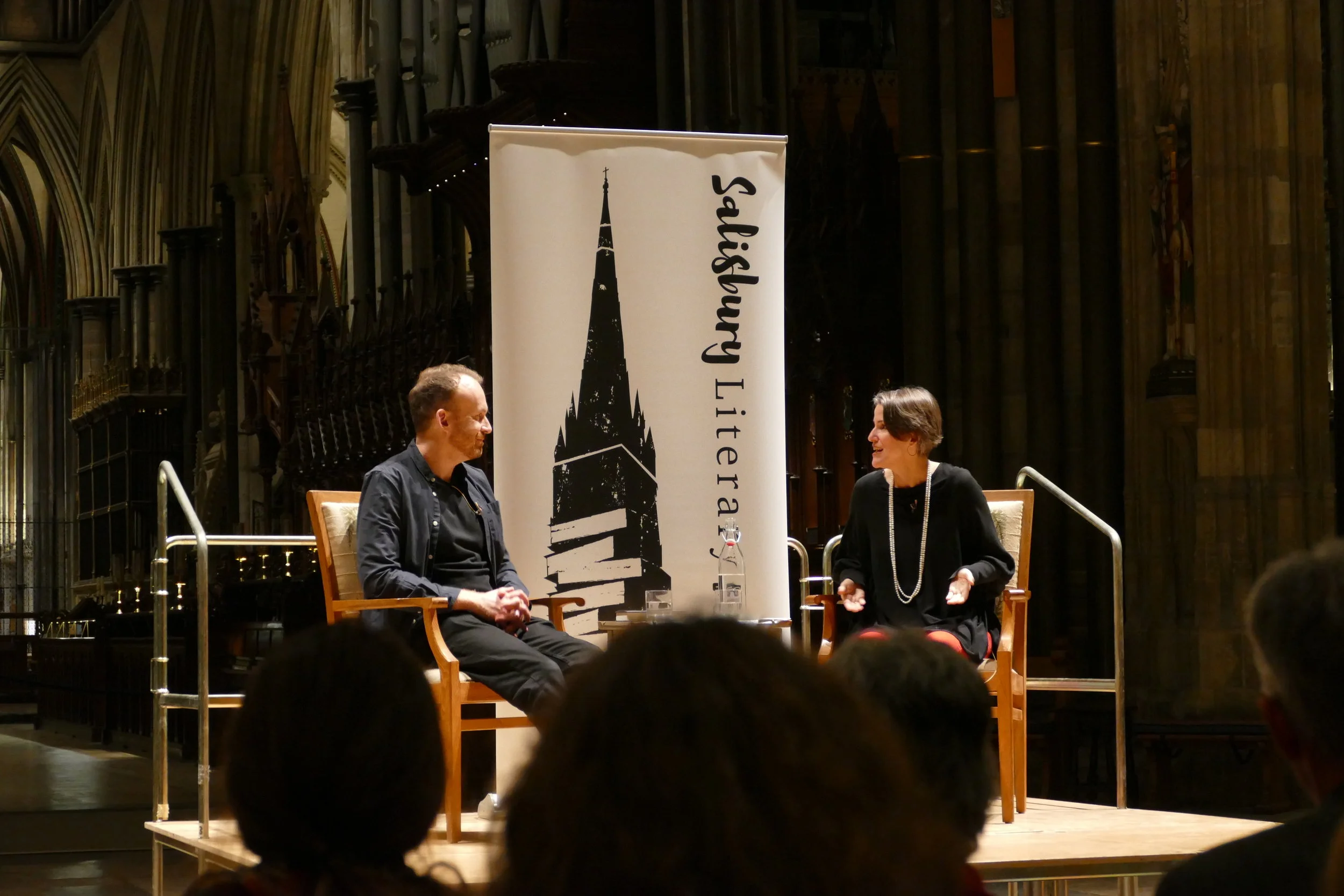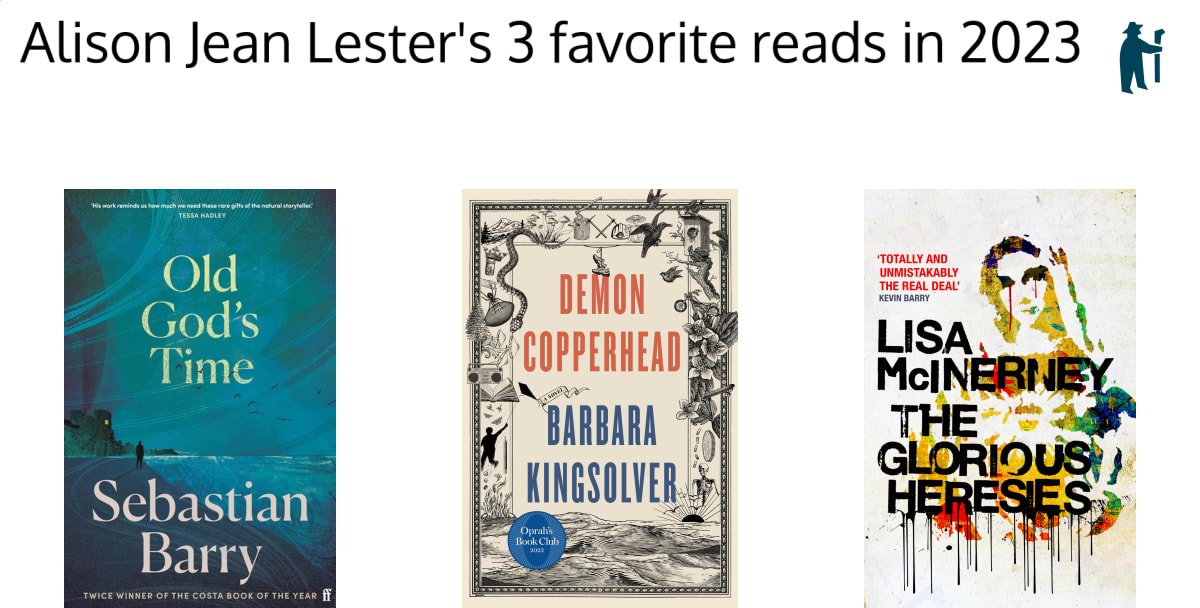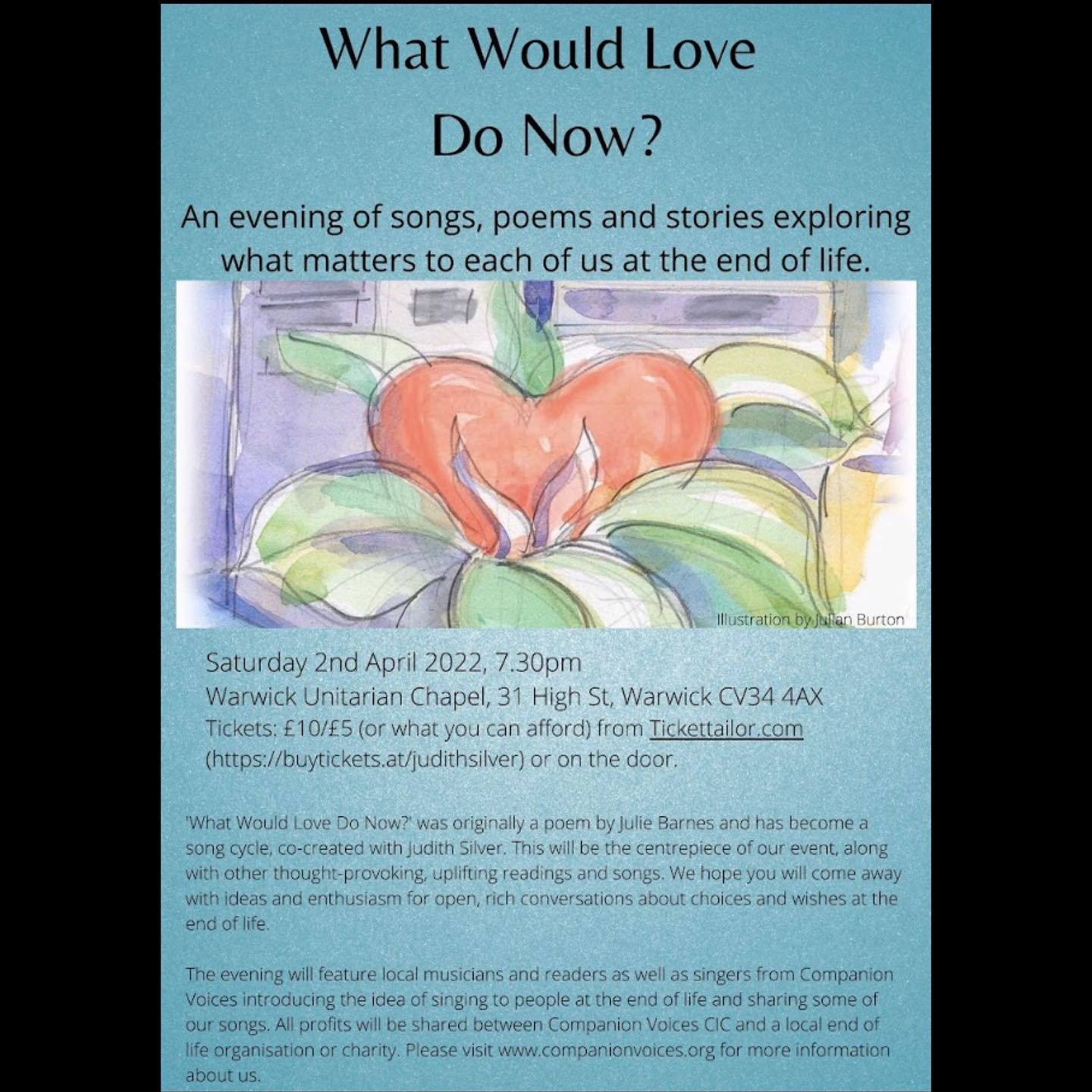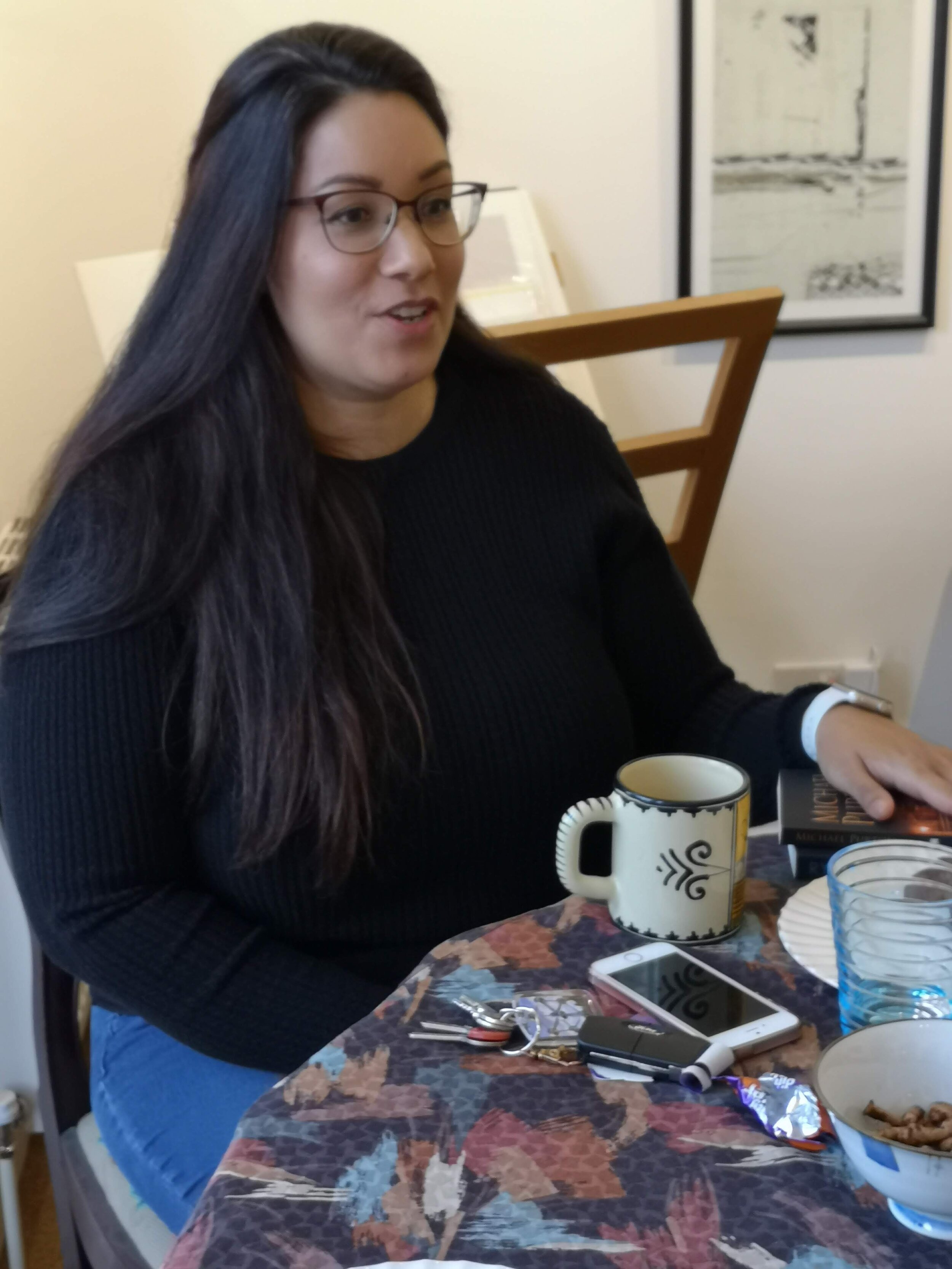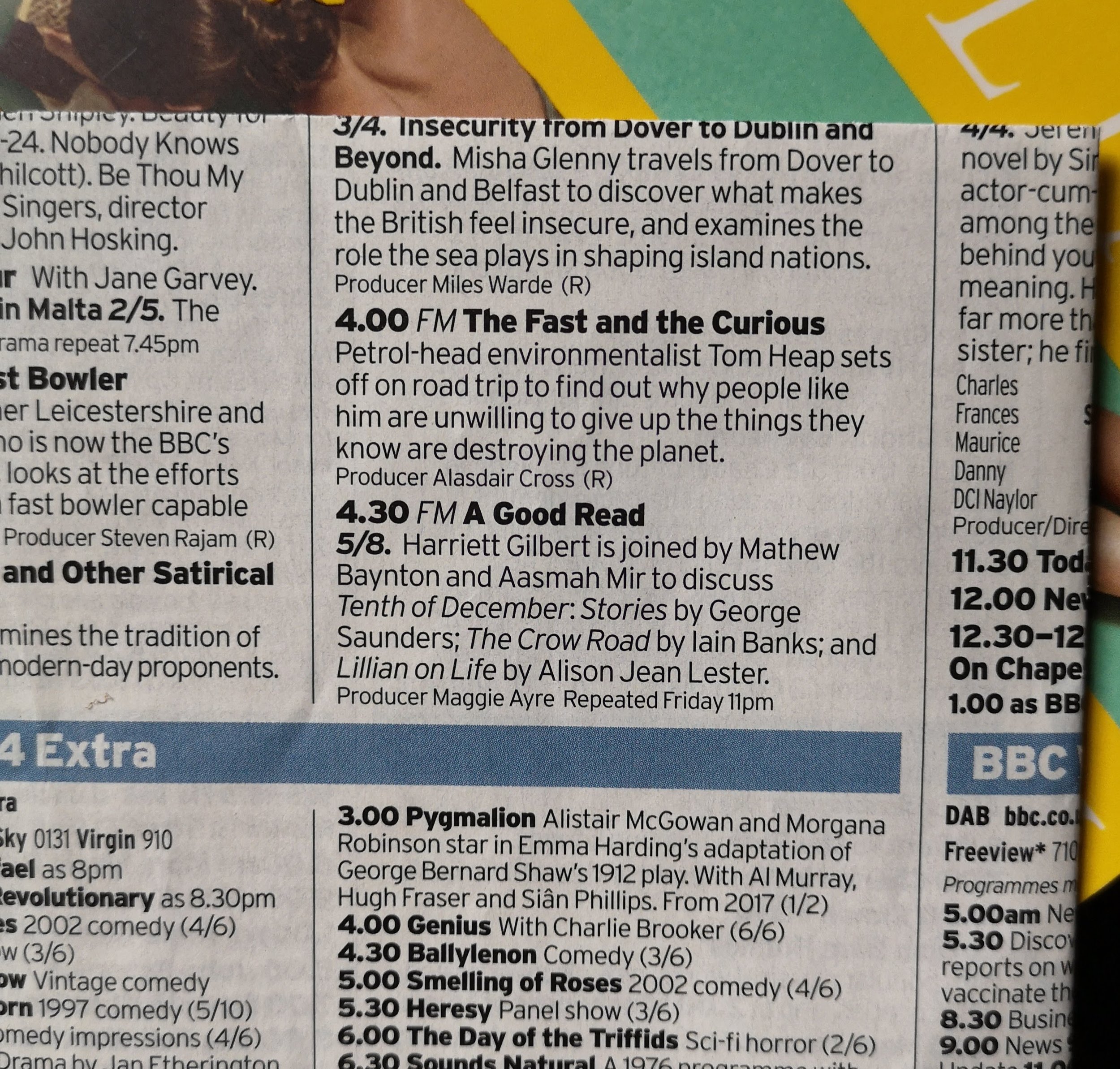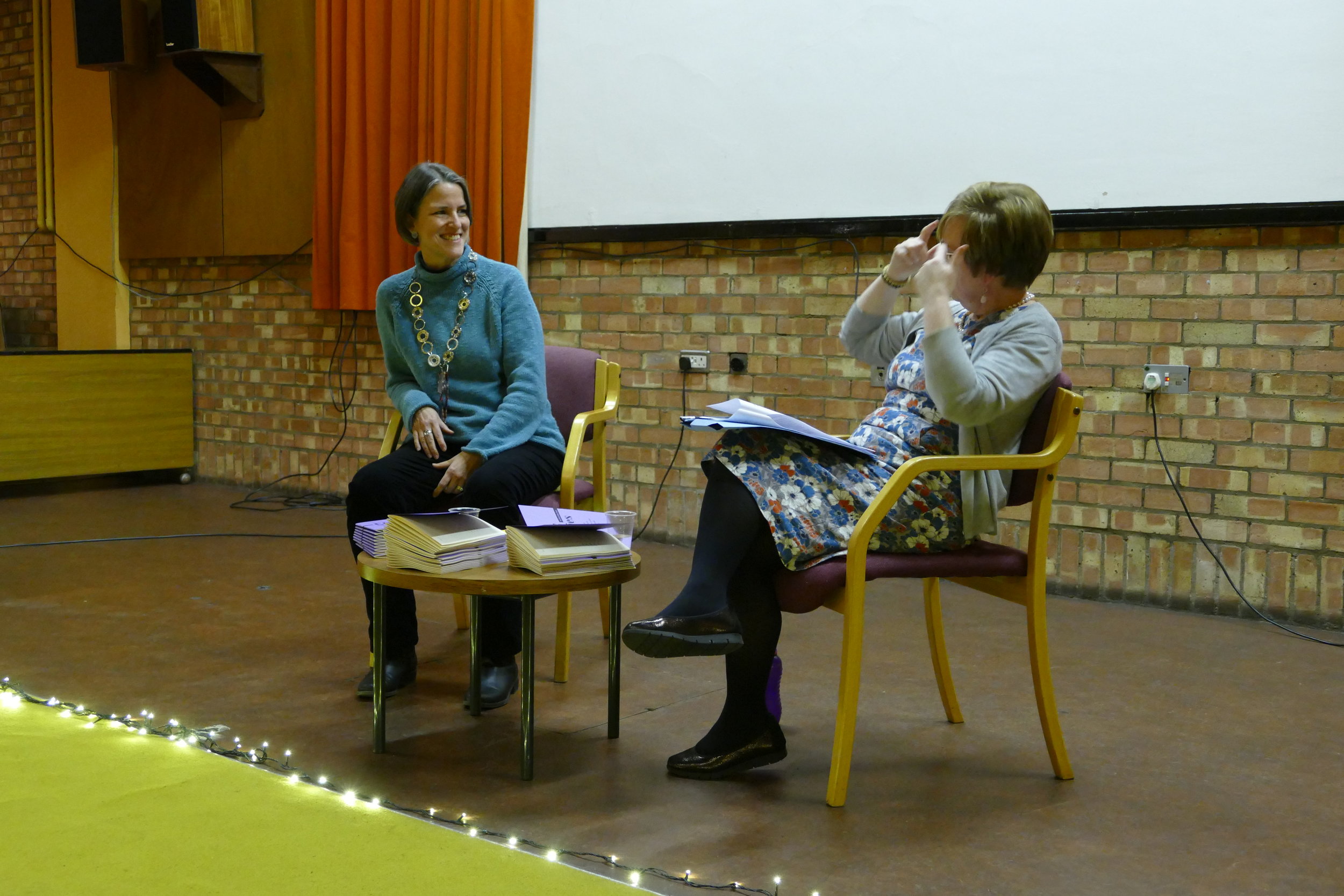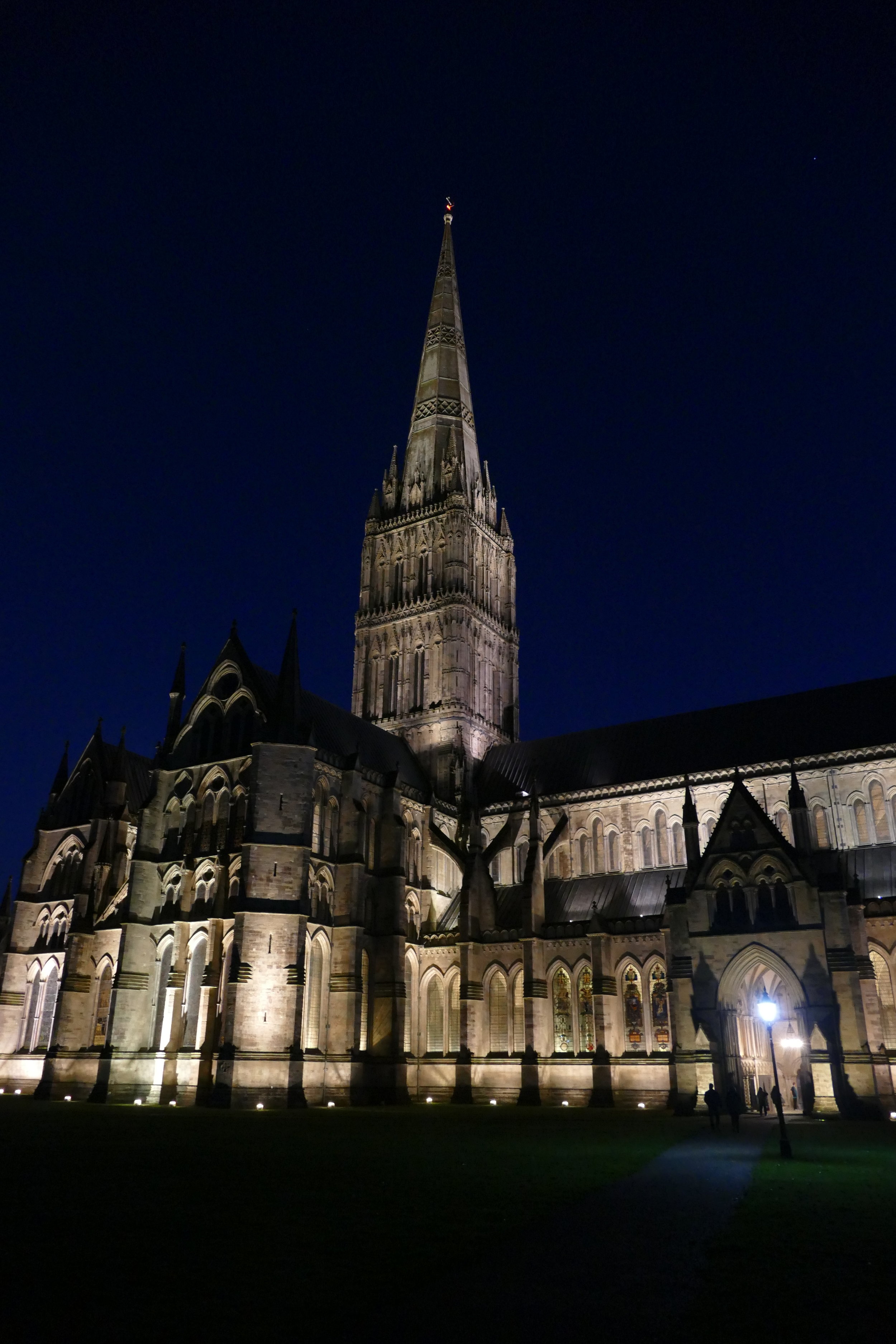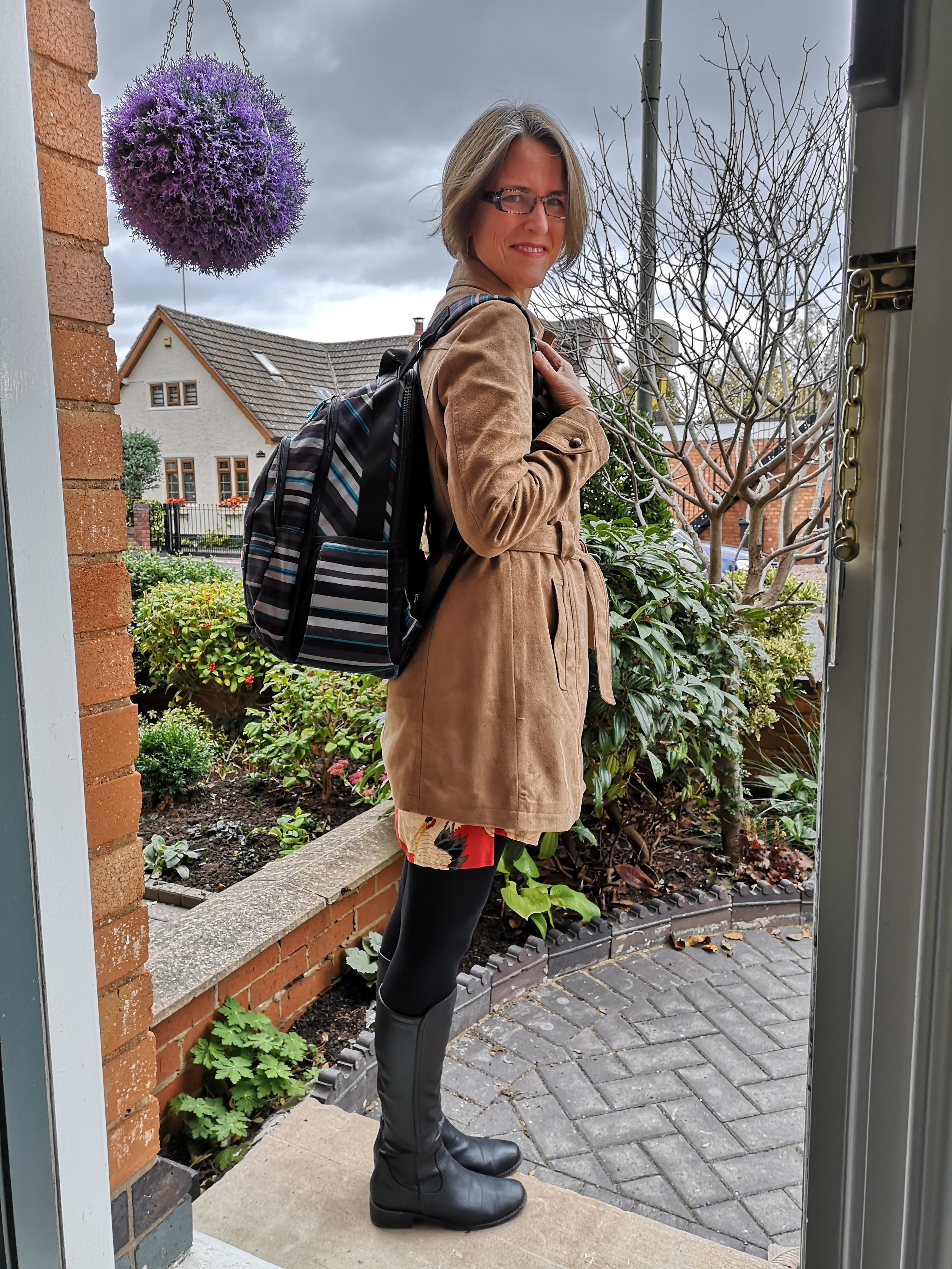It came from my husband, who was standing calmly by while I went through what couldn’t have been a first bout of kicking and screaming about some awkward feedback. When he’d had enough, or more likely when I’d simply stopped to breathe for a sec, he said one word: “Try.”
That’s it. When you, or someone who might publish you, aren’t convinced you’re quite there yet with your work, try it a different way, if only just to test the strength of your conviction. I’d be willing to bet many writers, especially ones new to the long game that the vocation is, don’t consider it.
I was talking about it last Tuesday with MA candidates in creative writing at Birmingham City University, telling them how many times I’d reframed my second novel over several years. I didn’t have the evidence on hand, but I’ve just found the printouts of the many first pages of that novel (initially called Babysitting and set in Massachusetts, finally called Yuki Means Happiness and set in Japan) that I did for a U3A talk in 2018.
The first beginning:
It’s irritating having grown up in southeastern Massachusetts. Other writers have such a huge advantage. Indian writers, for example. As long as they don’t get all righteous, they’re golden. One mention of burning cow dung or an arranged marriage, and we’re hooked. We know if we get into a book about rural Louisiana we’ll find it exotic too. One description of Spanish moss, and few words like ‘bayou’, and we go under.
Where I grew up, we had a harbor and a spit and a cranberry bog. Sometimes mist hung over the bog, but it wasn’t mysterious mist. It was nice. It could make you feel nostalgic before you even left. It was irritating.
The second beginning:
Where I grew up, we had a harbor and a spit and a cranberry bog. Sometimes mist hung over the bog, but it wasn’t mysterious mist. It was nice. It could make you feel nostalgic before you even left it. It was irritating. We had hard accents. We dressed alike, or as alike as we could. We were all white except for the small Portuguese community that lived on back roads and ran dog kennels. We girls babysat, the boys mowed lawns and raked leaves, and we were all impressed by the kids who were willing to get up in the dark to walk a paper route before school.
There was one year, though. One year when the whole smell of the town changed for me. My junior year in high school. 1983.
The third beginning:
The fall of 1983 until the summer of 1984 — my junior year in high school — was the year I started looking for signs of marital happiness when I babysat. The first one I found was at the O’Donnells. The kids were asleep, and there was nothing good on TV, so I was prowling. What I found was a literal sign: a tiny picture that one of them had drawn for the other. It was of a little flower — just the flowering part, not the stem or leaves — and around the flower were the words “Barry loves Siobhan loves” so that it was unending. Barry loves Siobhan loves Barry loves Siobhan, around and around and around. I found it in the colorful glass bowl on the coffee table in the living room. I looked at it for a long time, feeling the subject turn to object then back again. Maybe the picture was a spontaneous doodle; maybe it took a lot of effort. Either way, it tattooed itself on my memory as an ideal.
The fourth beginning:
The fall of 1983 until the summer of 1984 — my junior year in high school — was the year I started looking for signs of marital happiness when I babysat. The first one I found was at the O’Donnells, on the weekend before school started. The three kids were asleep. They went down pretty early over there. Megan, the oldest, was six, and prim, and covered in freckles. After I read to her and Robbie, she’d pull her own sheets up to her chin and close her eyes. Robbie was four. He was a big fan of counting things to go to sleep. Sometimes it was bulldozers. One night it was doorknobs. He went to sleep on his side, facing Megan across an alphabet-printed rug. Lindsay was seven months old. She still had hardly any hair, and a rosebud mouth that puckered and juddered when she dreamed.
The fifth beginning:
There’s a lullaby I sing my daughter at the end of the day. It’s not actually a lullaby. It’s a folk song called Habu no Minato, or Habu Harbor, which is a small inlet on the Japanese island of Oshima, but it’s perfect for bedtime. The song starts with the cormorants that come back to the rocky shore at sunset, and the way the harbor glows red as the sun goes down. The singer then wonders what the weather will be like when it comes up again. In the second verse, the fishing boats are hurrying out of the harbor, competing to be first out to sea. The singer reflects that the girls of the island are left behind on the volcano, and wonders what their hearts are like.
The sixth beginning:
It’s 1990 and I’m 24 and I’m standing in the foyer of a beautiful Boston apartment, halfway through an okay cocktail party. The hostess, Claire, is my mother’s best friend. To be honest, I think she’s my mother’s only friend. I’ve agreed to attend because Claire has a syndrome that means she compulsively buys little black dresses. She has wonderful taste, and I want to see the newest one. I’m in the foyer because I’m talking to the only other young person at the party, and when he talks he needs space. He paces, and he wheels his arms around, but it’s not as if he’s crazy, only creative.
The final beginning:
